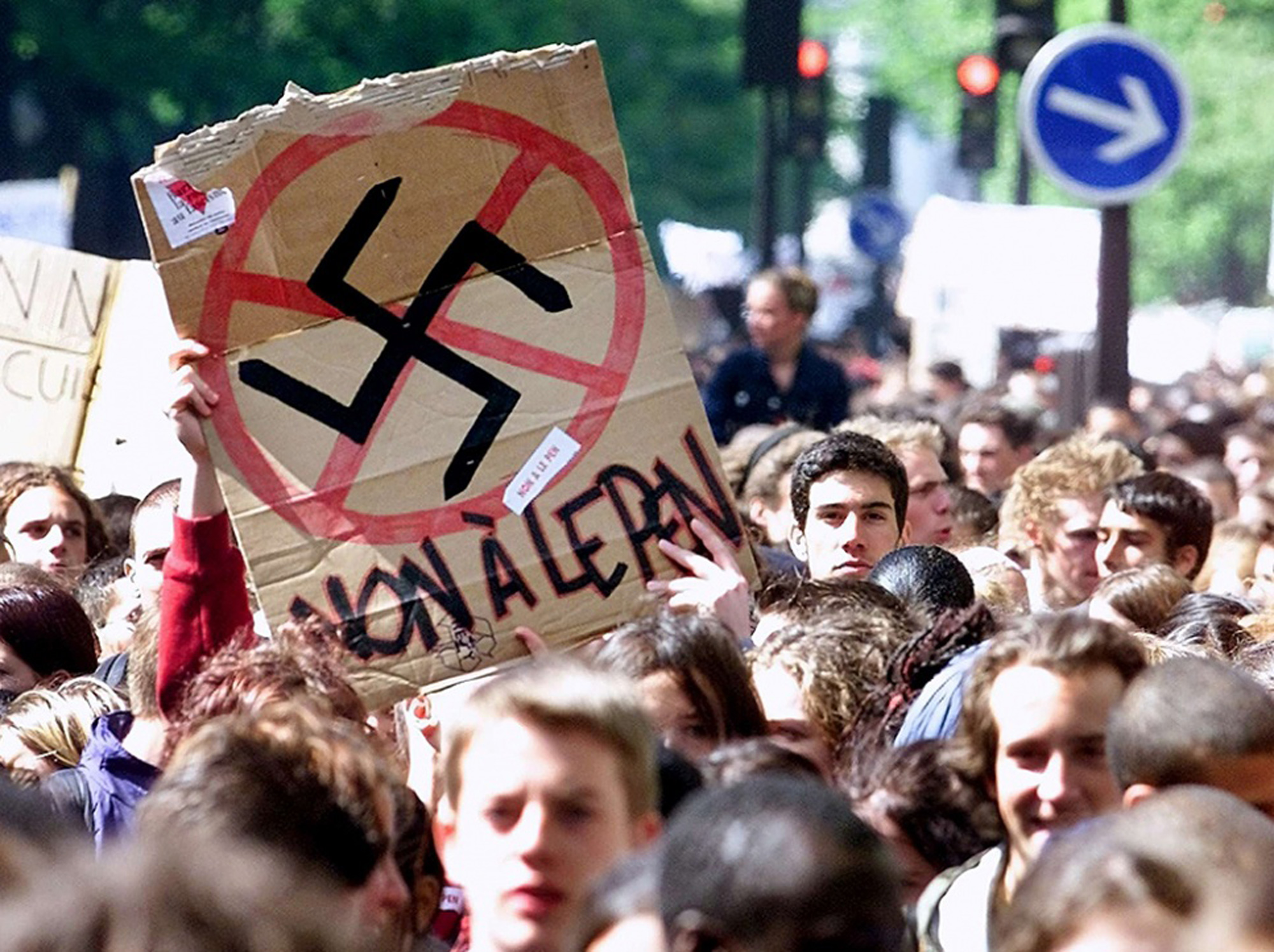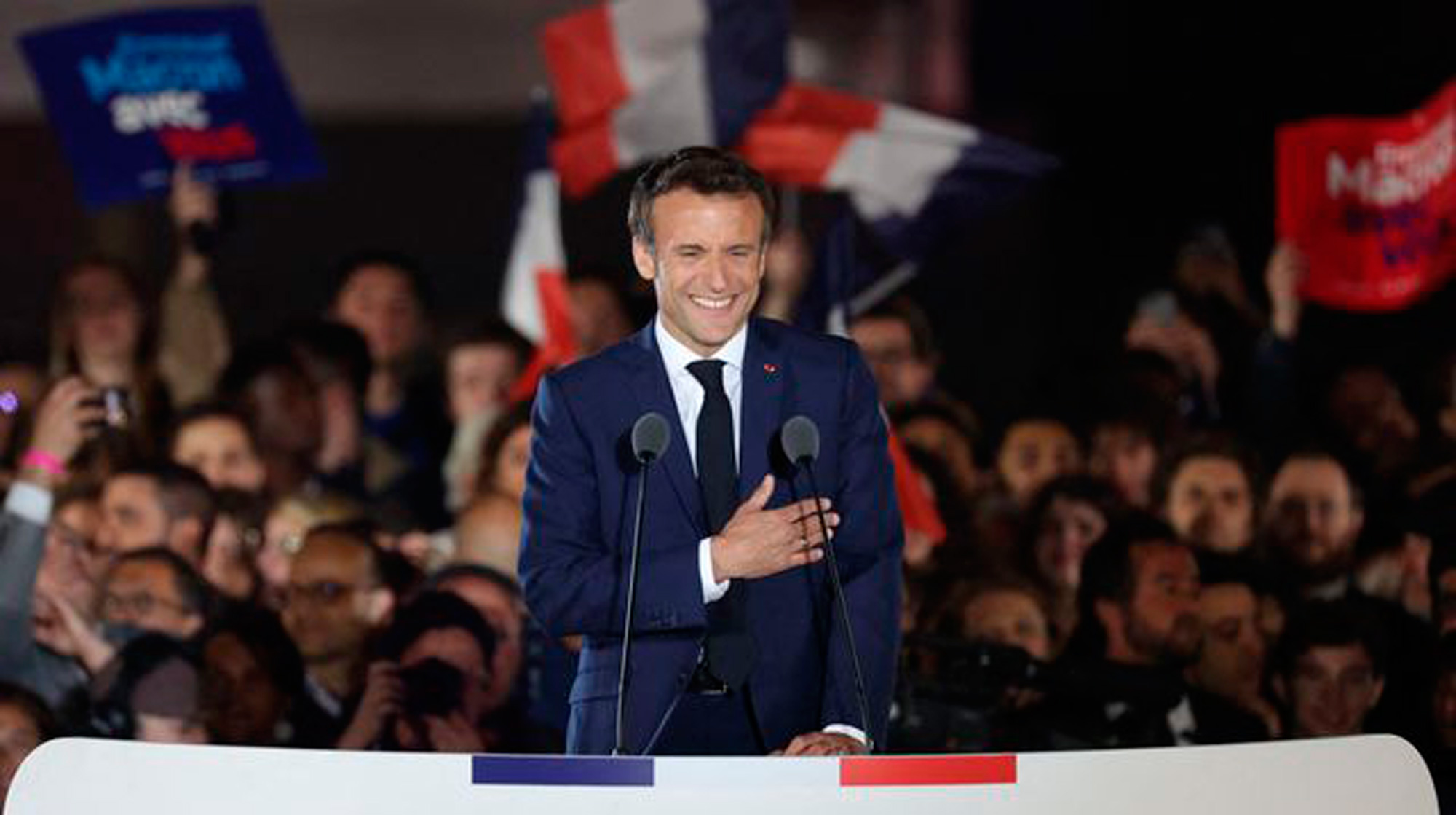All parties look to Parliament

Elections to the French Parliament were held on 12 and 19 June. So far, Emmanuel Macron's government was also a majority, and the reforms that he intended to carry them forward in the last five years. In order to block its neoliberal policy, the left wants to win those votes and has been mainly looking at that quote between the two rounds: Macron, both at Le Pen's level, in Parliament is trying to get an excess.
Jean-Luc Melenchon, on the far left, came the third force in the first round of the presidential elections, with 21.95% of the votes, 0.8 points less than Le Pen, and wants to add the left around him: "In this beautiful battle I invite all those who want to enter the Popular Bloc to join us. There's a third lap, it doesn't end in the second lap." France Insoumise de Melencesta has begun negotiations to reach an agreement with ecologists Europe Ecologie Berdeak, anti-capitalist NPA, Communist Party. For the time being, the Socialist Party is not part of the negotiations, although it has an opening to speak.
Despite being lost in the second round, Marine Le Pen has given a good result, "a clear victory", according to the candidate. The 41.4% of the voters, who voted in favour, received great support and, as could not be otherwise, aspires to be represented in Parliament, of the 577 Members only eight are currently Rassememblement National. He presents himself as a "candidate to impede Macron's violent policy," basically as he did in the presidency campaign.
It is clear that Macron has been fed up with politics since 2017 and has angry many citizens. Will that constituent complain to the extreme left or the extreme right? It is not clear. Both sides are likely to base their campaign on this environment.
As could not be otherwise, Macron’s goal is the parliamentary majority, of the 577 elected positions currently belonging to his party 314. But what in 2017 was a new candidacy is now more known and through this vote the support of these elected witnesses is known. In the past, there have been three cohabitations between left and right: between socialist President François Mitterrand and Jacques Chirac from 1986 to 1989; between Mitterand and Edouard Balladu from 1993 to 1995; and right-wing President Chirac and Lionel Jospin from 1997 to 2002. If the left is able to reach consensus on unity, there are possibilities to complete the fourth.
When it was the ttipi, Le Pen had two votes in my hometown. All the elections were two votes, and obviously, being a people of about a hundred people, about 75 voters, we knew which house they were from. After the elections, in 2002 he had two, when for the first time the right... [+]
The president won the second round of the French presidency, with 58.6% of the votes, despite losing almost two million votes on the second round of 2017. Marine Le Pen, from the far right, which is being strengthened by elections – the one that made 33.9% this year five years... [+]



















